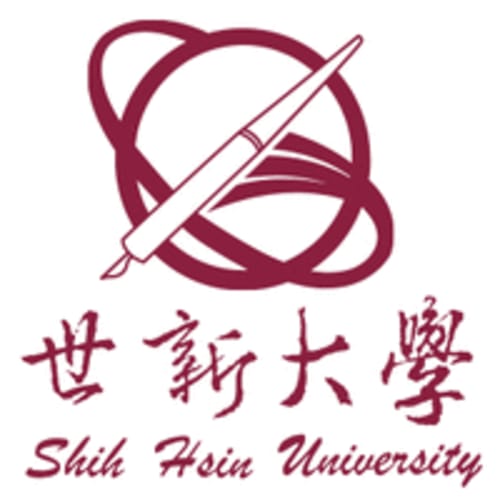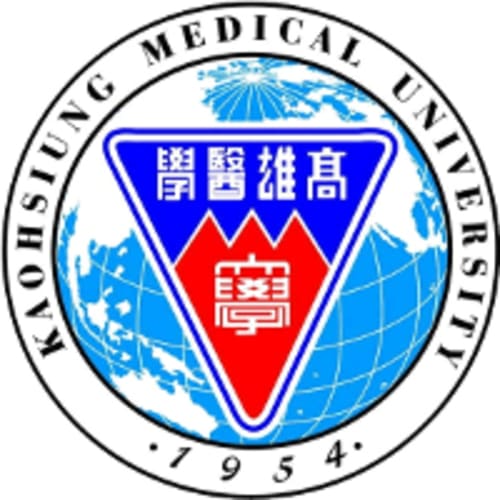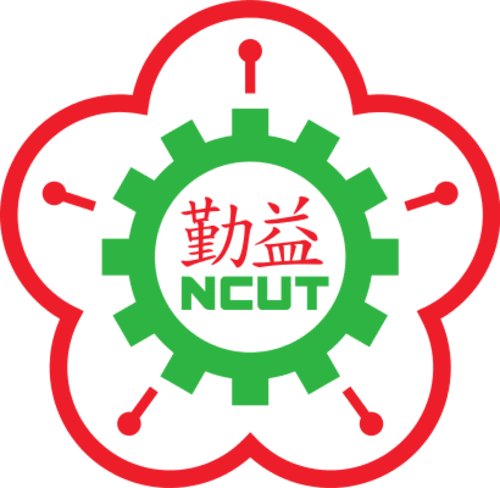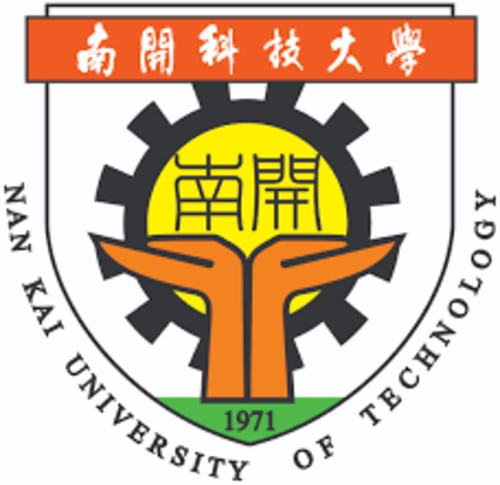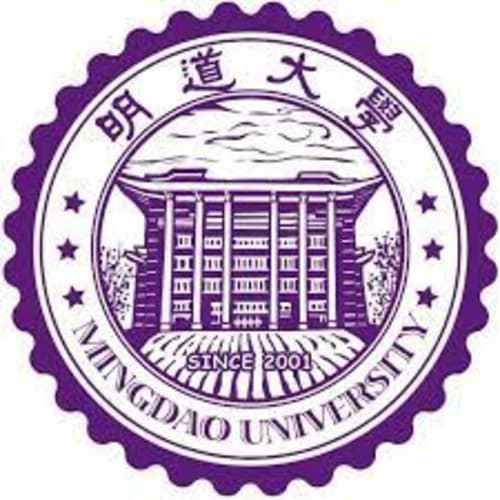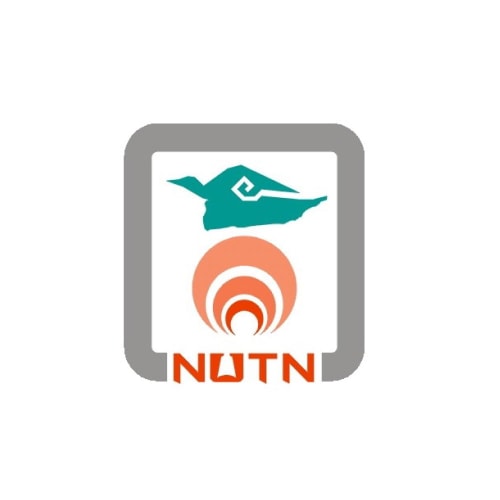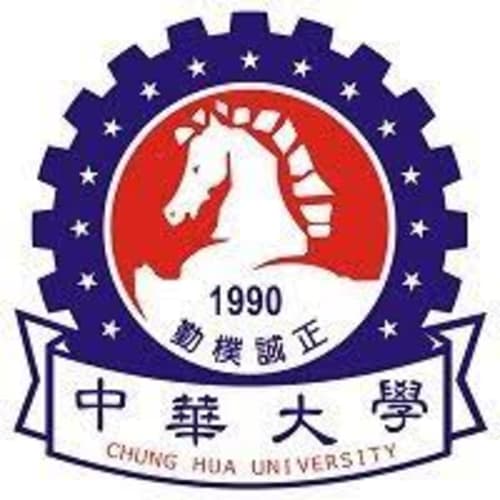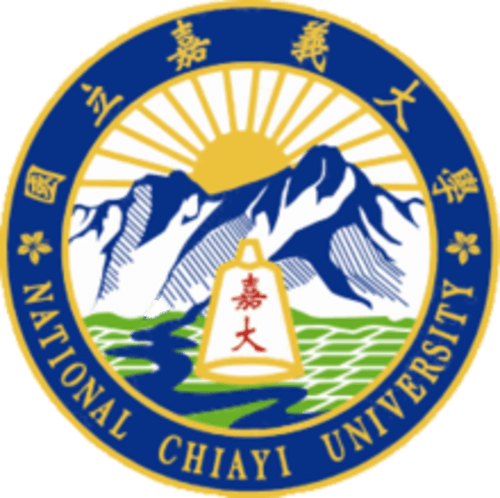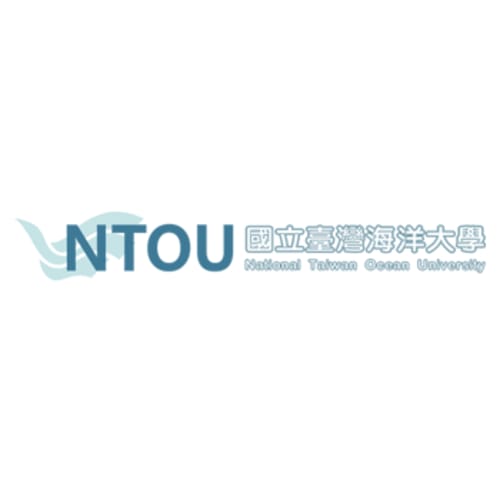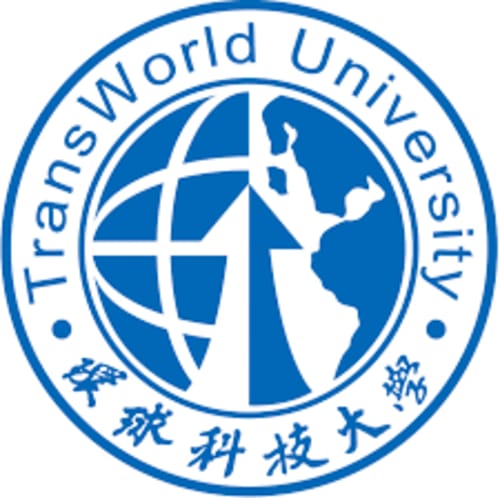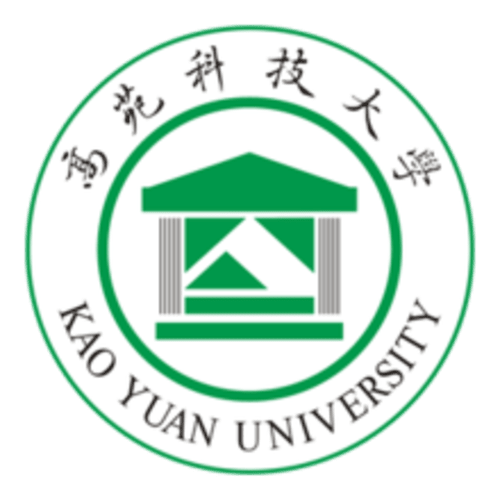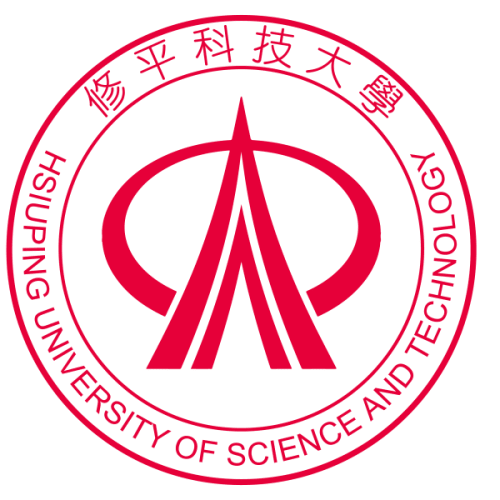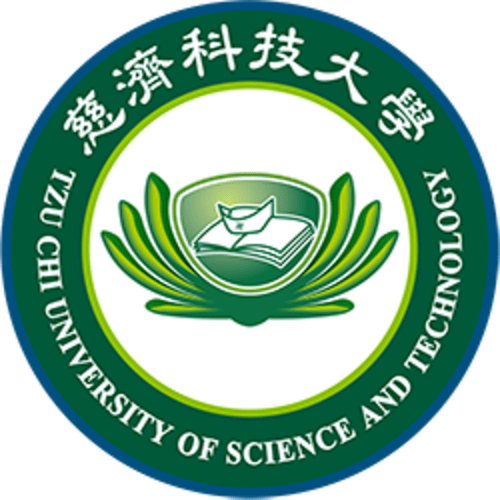
Best Universities for Master Programs in Taiwan 2024
- 135號, Taiwan
Established in 1989, Yuan Ze University may be young by traditional standards, yet it has been recognized as a model for newly emerging universities within the shortest period. As the first and the only university to win the National Quality Award in 2003, Yuan Ze received an award from the Ministry of Education for the Teaching Excellence Project in 2005. Successively, it has been designated by the MOE as one of the top 12 universities in Taiwan, receiving an award for the “Aim for the Top University and Elite Research Center Development Project” since 2005. Granted with the highest honor in teaching, research and administration, Yuan Ze has become a marvel of higher education, in Taiwan.
- Taipei, Taiwan
Shih Hsin University offers a wide range of undergraduate and graduates degree programs in its day school and night school. In order to meet the demand of adults who yearn to enrich their knowledge or continue their educations, the university provides multiple continuing education programs leading to bachelor's, master's, and doctoral degrees. In addition, the university also offers a special undergraduate program for graduates of three-year vocational colleges.
- Taipei, Taiwan
Kaohsiung Medical University (originally known as Kaohsiung Medical College) was formally established in 1954. Apart from being the first private medical university in the university has also become an important cradle for highly skilled physicians and medical-related specialists. Kaohsiung Medical University was a center of both medical care and the study of local tropical medicine in the early days. The colleges set aside their tropical disease research mission after the World Health Organization announced that was no longer a tropical disease endemic area, and turned its full attention to the steadily evolving areas of basic medical science and clinical medical research. The university has also continued to strengthen its medical services. Kaohsiung Medical University, therefore, has laid a solid foundation as southern’s leading medical institution. After Kaohsiung Medical College became a university in the summer of 1999, it seized this opportunity to move faster and further and attain the highest standards in teaching, research, and service. The shared vision of everyone at Kaohsiung Medical University is to make the university a modern, forward-looking institution striving for excellence in both academics and medical care. Kaohsiung Medical University has all the strengths of a well-established university. There is a wide range of medical-related courses, and the facilities both for basic and clinical research are sufficient and of good quality. The University is located in the city center of Kaohsiung, the second biggest city in, which has all the attractions and excitement of city life.
- Taipei, Taiwan
On June 1, 1960, it was founded by two medical doctors, Hu Shuiwang and Xu Qiantian, and enthusiastic medical educators. Starting from the three tin huts, from books and glass tubes to large land and houses, all were donated by private individuals. After a half-century in the blue, Beijing Medical University has gone through the 17th board of directors, 8 chairmen, and 10 principals. They have pioneered the extraordinary achievements of Beijing Medical University. I believe in the inheritance of the current chairman Zhang Wenchang and principal Lin Jianhuang. Next, will lead our school to the international world!
- Taipei, Taiwan
Qinyi was founded in the 1960s as a national university of science and technology that is different from other schools. It was originally a private school, and then it was donated to the country in 1981 and reorganized as a national university. The founders General Zhang Ming and Ms. Wang Guoxiu practiced the concept of "education is nothing but an example" with the selfless spirit of taking it from society and returning it to society. In 1981, President Lee Teng-hui affirmed their contribution to society with the praise of "Gong Hong Hua Yu". The two founders received the President’s commendation order in 1994 and 1999 respectively. The school’s development history is divided into four major stages: private colleges (60.08~81.06), national colleges (81.07~88.07), National Institute of Technology (88.08~96.01), and National Chin-Yi University of Technology (96.02 to date).
- Taipei, Taiwan
Our school dedicates itself to train our graduates to attain rich cultivation: realization, innovation, comprehensiveness, and harmonization, also known as our benchmarks. Therefore, with the four cultivations, students need to acquire IEEE, certificates of information, English, expertise, and ethics, in order to graduate. • Realization: This benchmark reflects the working attitude of the technicians. It is anticipated that our students are able to manage the practical operations and at the same time upgrade their ability. • Innovation: This benchmark specifies our graduate's ability to pursue and update information in their professional fields. • Comprehensiveness: This benchmark anticipates our students to be able to communicate in the global village in the international language. • Harmonization: This benchmark inspires all students to pay attention to traditional moral and ethical teaching. It is also hoped that technology application and morality can be combined together harmoniously.
- Taipei, Taiwan
No brick walls to limit your horizon! No fences to narrow down any possibilities! All buildings on the campus are surrounded by a diversity of trees and plants such as poplars, royal poincianas, orchid trees, ceibas, golden shower trees, gardenias, daylilies, deciduous pine trees, and weeping willows.
- Taipei, Taiwan
To cultivate the talents with the NUTN unique spirit, life literacy, and professional employability. Features and Future Development To establish the NUTN as a brand for talent cultivation and to well play the role of the university in the modernized society. To strengthen the cooperation with local government and industry, presenting a university manifesting its rich locality and international engagement. To vitalize the learning environment through the hidden curricula on campus, such as the Big Master Forum, and Innovative and Think-Out-of-Box practices. To promote personnel innovation and administrative efficiency to upgrade the teaching and service quality, maintaining academic freedom, justice, and learning rights of students. To strengthen the link with alumni and society resources to achieve the educational goal of the university. To become a refined exemplary university with local and regional profound characteristics, well-connected with the international community.
- Taipei, Taiwan
Chung Hwa University was established in 1990. Under the careful planning of the board of directors and school supervisors, the school has the following achievements and characteristics: Employment-oriented three high schools According to the latest surveys by the Ministry of Education, 104 Manpower Bank, and 1111 Manpower Bank, Chung Hwa University graduates have the three highest performances of "high employment rate, high salary, and high corporate satisfaction." Among them, the employment rate of our school’s students is the first in the comprehensive university with excellent teaching subsidies from the Ministry of Education. According to 104 Human Bank statistics, the average salary of more than half of the graduates is higher than the average salary of the national private university graduates, and has been ranked for 5 consecutive years 1111 Human Banking Corporation is the most satisfied with the top 10 private universities. The only private university in Zhumiao area that has obtained international AACSB and IEET double certification Chung Hwa University is the only private university in the Zhuzhumiao area that has been accredited by the American Association for the Promotion of International Business Schools (AACSB) and the Chinese Society of Engineering Education (IEET). The degrees and credits obtained by students can be used worldwide. The School of Management not only ranks among the top 5% of top business management schools in the world, but also ranks among the top 450 universities in Asia in the 2020 QS evaluation by the British higher education research company, and ranks 11th among comprehensive private universities in Taiwan.
- Taipei, Taiwan
National Chiayi University was formed in February 2000 by merging two existing colleges in Chiayi, i.e., National Chiayi Institute of Technology (NCIT) and National Chiayi Teachers College(NCTC). The University now has seven colleges (Teachers College, College of Humanities and Arts, College of Management, College of Agriculture, College of Science and Engineering, College of Life Sciences, and College of Veterinary Medicine), which include 39 undergraduate programs (40 departments), 12 in-service undergraduate programs(1 program, 39 master programs(42 classes), 14 in-service master programs, and 7 doctoral programs(1 program) in the 107 semester year. NCYU is one of the oldest and largest universities in the southern part of Taiwan.
- Taipei, Taiwan
National Taiwan Ocean University (NTOU) was established in 1953 as Provincial Taiwan Maritime Technology College. Eleven years later, in 1964, we became a maritime college that offered bachelor's and master's degrees in various maritime fields. During this period, the college was supported by the Taiwan Provincial Government of the Republic of China. In 1979, we became a national institution and were renamed the National Taiwan College of Marine Science and Technology. A decade later, in 1989, the college became a full-fledged university. At present, NTOU has seven colleges - Maritime Science and Management, Life Sciences, Ocean Science and Resource, Engineering, Electrical Engineering, and Computer Science, Ocean Law and policy,as well as Humanities and Social Sciences. These Colleges house a total of 22 undergraduate departments,12 graduate institutes,28 master programs and 20 doctoral program. The University has undergone great growth and change and is now recognized as one of the nation's most important centers of high learning and scholarship, especially in the marine sciences, maritime studies, and fisheries. Responding to the changing needs of society and the widening interests of our students, we are developing into a comprehensive university with a unique maritime focus. We aim to be an internationally known institution of higher education. Towards this end, our social sciences and liberal arts programs are developing as a core part of education at NTOU. The University is rapidly moving toward providing a positive learning environment and culture for intellectual and personal growth, with ocean interests as our unique characteristic.
- Taipei, Taiwan
TransWorld University (TWU) is located in beautiful Yunlin County in west-central Taiwan. It is near Sun Moon Lake and Alishan Mountain, two popular destinations in Taiwan. TransWorld University‘s motto is “Cherish honesty, Practice integrity” and is built on the four pillars of Sincerity, Pragmatism, Creativity, LOHAS. The University was officially founded in 1992 as Transworld Junior College of Commerce, a commerce-based junior college. It was officially upgraded to a four-year institute in 2000 and changed its name to Transworld Institute of Technology. On August 1, 2010, Transworld Institute of Technology is approved by the Ministry of Education as TransWorld University. In 2011, TransWorld University is honored with NT$60 million in the “Teaching Excellence Awards” from Taiwan's Ministry of Education (MOE). In 2013, TransWorld University is granted NT$45 million from MOE for the 2nd consecutive time. TWU has grown rapidly in its short history from a total of 750 students and 7 academic departments during its first semester to about 6,000 students and 14 departments and 5 graduate institutes today.
- Taipei, Taiwan
Kao Yuan University, formerly known as the Private Kao Yuan Junior College of Technology (founded in 1986), is the first E-generation academy located in the Kaohsiung Science Park, Taiwan. Officially approved by the Ministry of Education (referred to as MOE hereafter), the Kao Yuan Junior College of Technology began recruiting students in 1989, and Professor Liaw, Feng-Jeng was its first president. There are also eight graduate schools, including Operation and Management; Chemical and Biochemical Engineering; Civil Engineering; Architecture; Information Technology and Applications; Electronic Engineering; Electrical Engineering; Mechanical and Automation Engineering. There are also fifteen departments, including Electronic Engineering; Electrical Engineering; Mechanical and Automation Engineering; Electro-Optical Science and Engineering; Civil Engineering; Chemical and Biochemical Engineering; Architecture; Business Administration; International Business; Marketing and Distribution Management; Information Management; Information Communication; Information Technology and Application; Applied Foreign Languages; Greenery Science & Technology. Five diploma programs are offered, namely: RC Fastener Industrial Technology (Graduate School); Department of Fragrance Cosmetics Science and Health Care; Green Environment TRC Diploma Program; Culture Industry and digital integrated Diploma Program, Tourism & Leisure Management, Department of Mechanical & Automation Engineering - Advanced Vehicle Division (rename), and Department of Architecture--Interior design Division (rename) approved by MOE.
- Taipei, Taiwan
Teacher-student brotherhood cooperation is like family Only a warm and exquisite campus, and the ethics of teachers and students with siblings, can nurture new humans with sound body and mind, morality and intelligence. The young people who grew up in Xiuping are open-minded, optimistic, and enterprising people on earth. The most specialized technology with a humane heart in mind Humanity means respect and love for human culture and civilization. All the most specialized industrial technologies should have this kind of humanistic connotation, and mankind has new hope. The talents cultivated by Xiuping are not only elites in industrial technology but also intelligent people with rich humanistic qualities. Combining industry, government, and academia to improve competitiveness Academia must communicate closely with industry, and even with the government, in order to grasp the latest information, understand future trends, and cultivate the most useful talents. Xiuping people who step into society are definitely highly competitive technical people.
- Taipei, Taiwan
The founder of the school is Master Cheng Yan of the Buddhist Tzu Chi Charity Foundation. With the great aspiration of compassion and joy, the Master embarked on the great mission of saving hardships and created a life-long mission of helping people in Eastern Taiwan.

